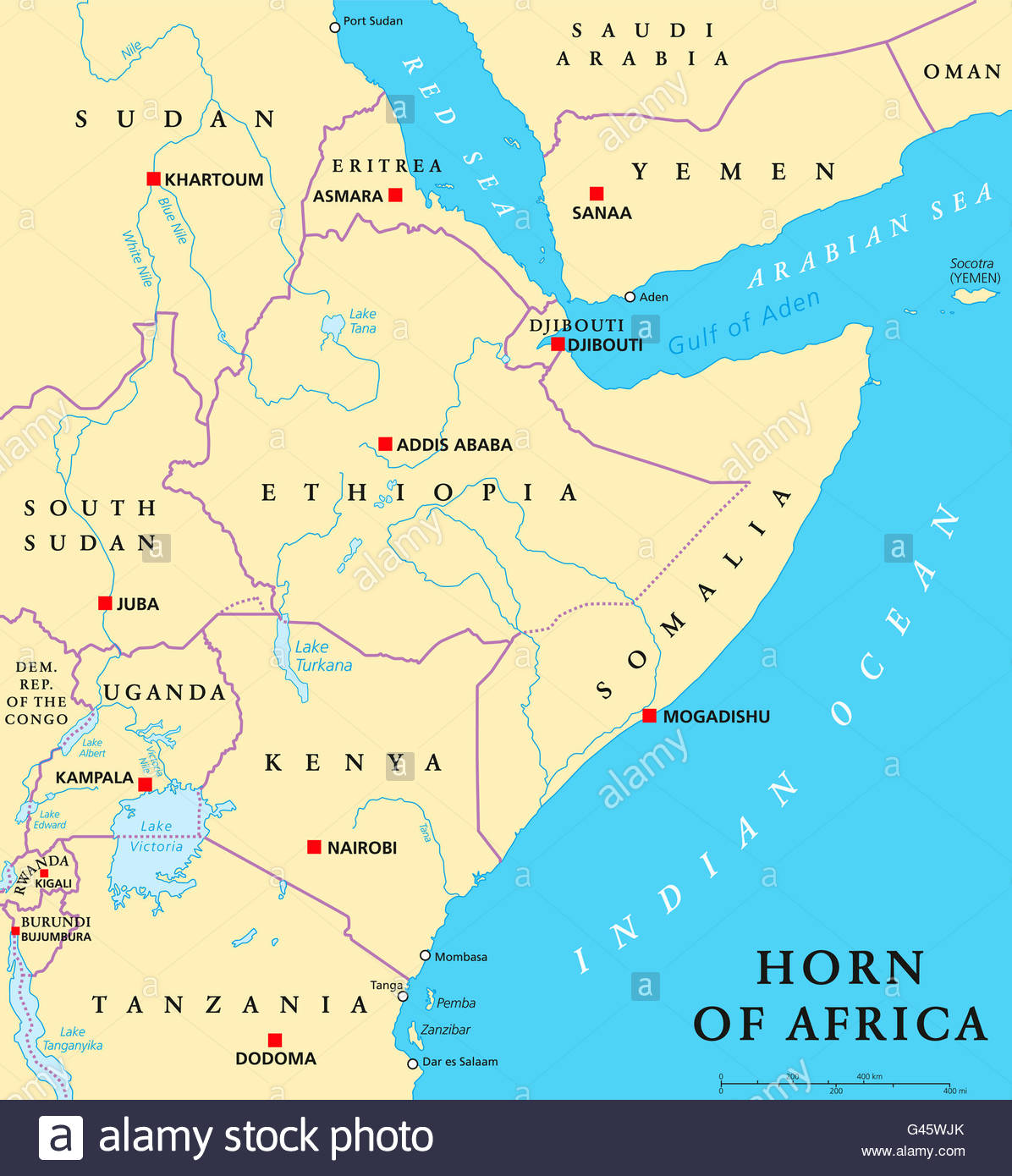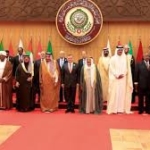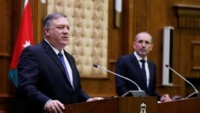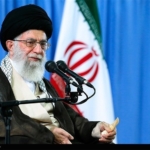Russian strategy in the Arctic
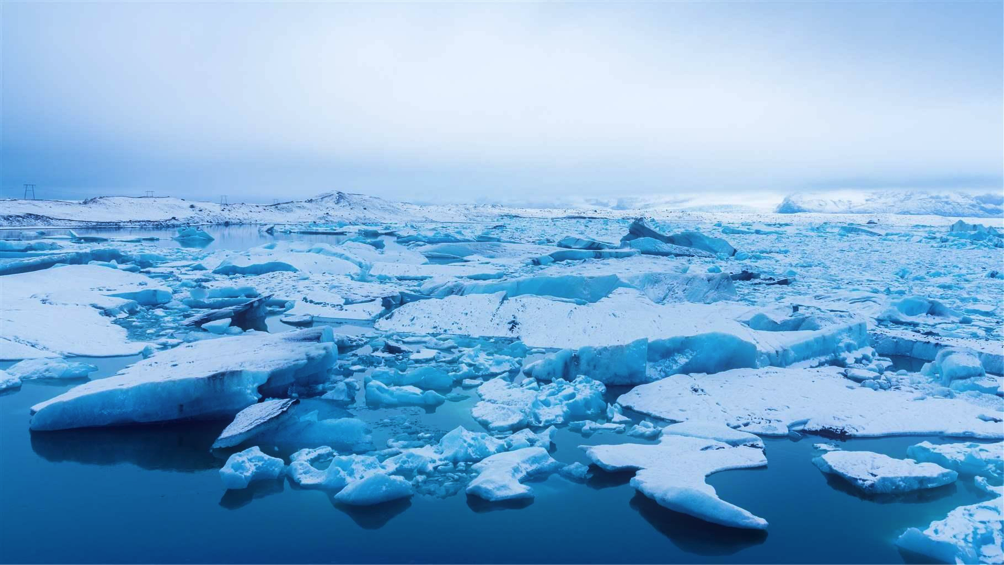
March 2020. The world is facing the alarming and disruptive effects of the Coronavirus, proving that distant countries, such as Iran, Italy, China and South Korea, could be linked by the same threat, but also that countries are unprepared to face such a challenge. Governments reacted sluggishly, underestimating the emergency first and trying to recover later when the situation had already worsened. Eyes are all on COVID-19 and countries’ lockdown. However, COVID-19 is just one small piece of what is going on in the world. Keep Reading

